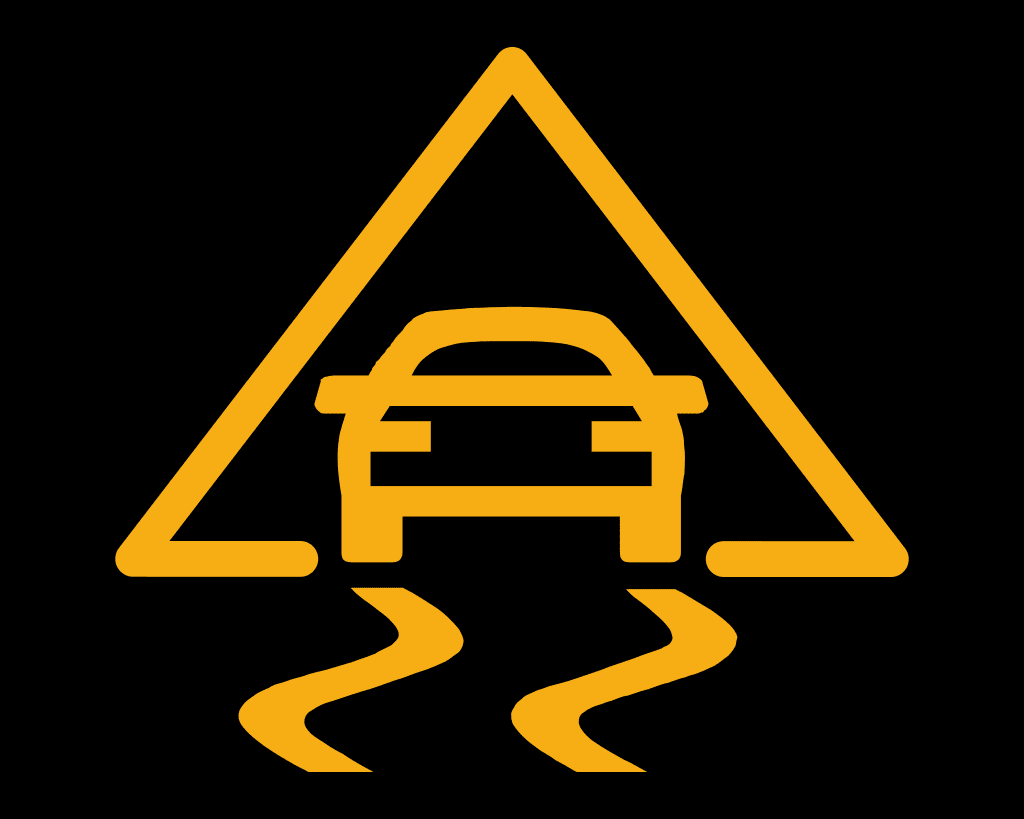Geeky Guides: How does ESC increase safety?
ESC can be the difference between your car being in control or out of your control
You must have heard your car enthusiast friends mention the word ‘ESC’ in front of you. So, what does ESC mean and what is its role in a car?
ESC is the short form for Electronic Stability Control. As the name suggests, ESC helps a car in being more stable and prevents it from skidding and thereby protecting the driver from losing control of the car. Nearly every car on sale right now comes with ESC because it prevents accidents and gives the driver a greater amount of control in dangerous situations.

The big question is: how does ESC improve safety and prevent accidents. ESC works with the anti-lock brake system (ABS) and gives more traction to a car thereby preventing it from oversteering. The two systems work in tandem to monitor the speed of the wheels and keep tabs of loss of traction or control. When the ESC system senses that the driver is losing control then the ABS lightly applies the brakes and gives the car some of its lost traction.
Don’t confuse ESC with traction control because the two might sound similar but are slightly different. Traction control uses individual wheel braking to stabilise the car but ESC also uses steering aids to control the car. Think of ESC as an extension to the traction control system.
ESC is such an important feature that it has been mandatory in new cars in Canada, the US, and the European Union since 2011, 2012, and 2014, respectively. What’s more, according to the Insurance Institute for Highway Safety, one-third of fatal car accidents can be prevented with ESC.
The next time you go to buy your next car then make sure that you spec it with electronic stability control (ESC)!
Recommend0 recommendationsPublished in Cars, Tech 101

